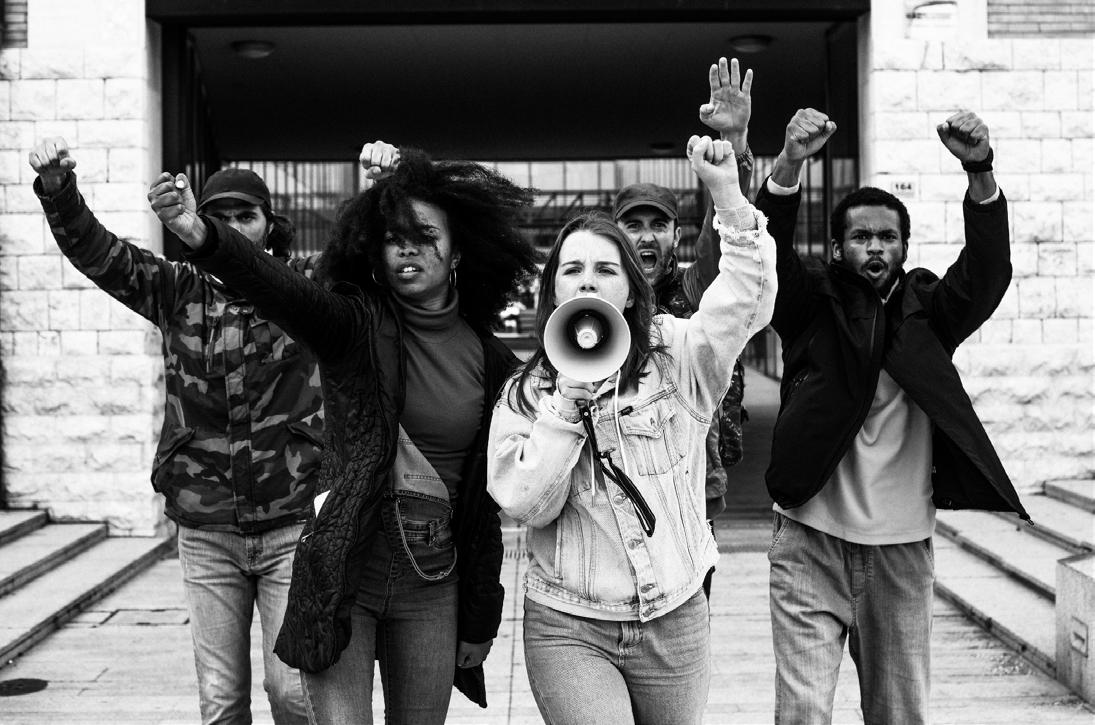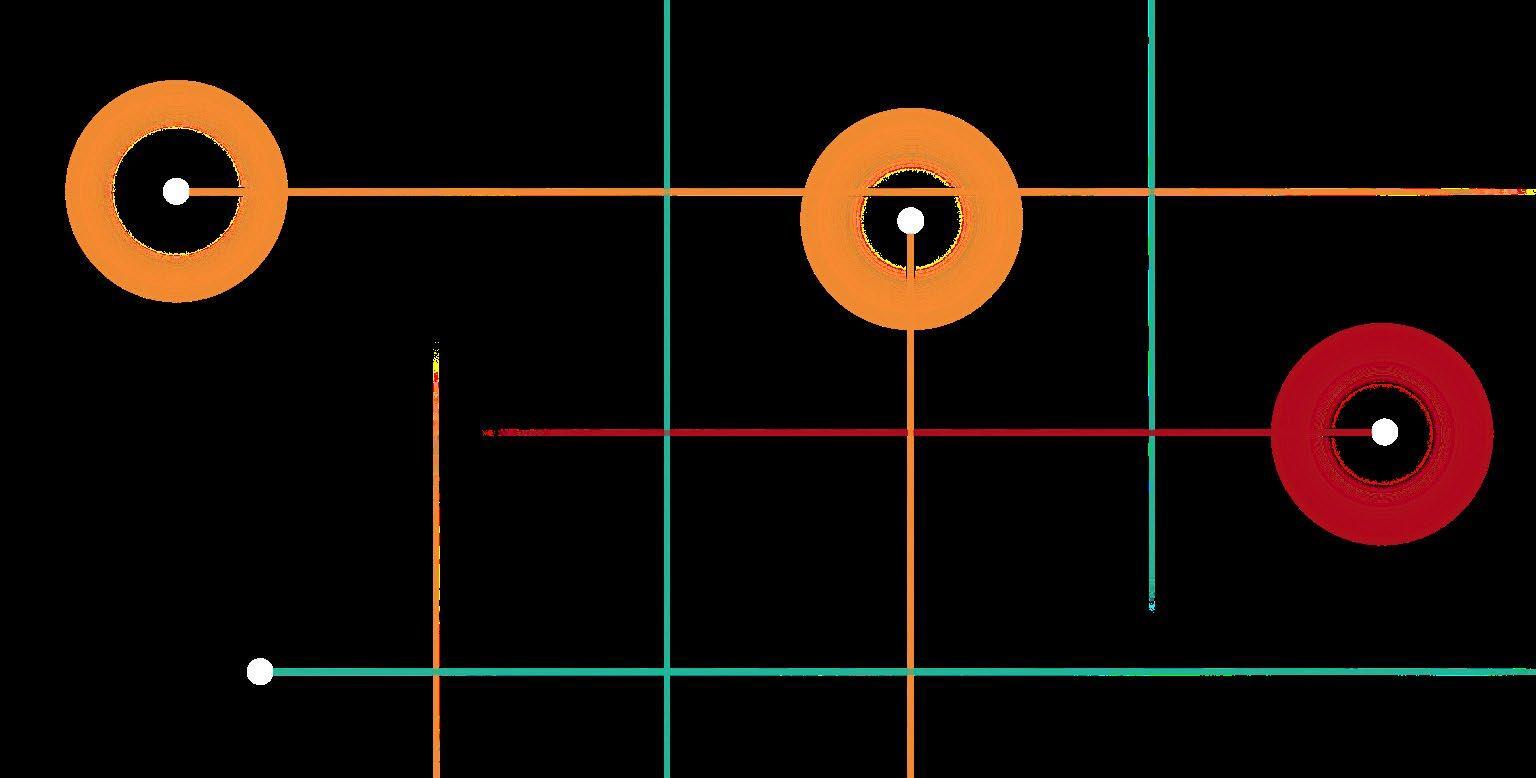





The Games of the XXXIII Olympiad, commonly known as Paris 2024, are taking place from 26 July to 11 August, with the 2024 Paralympics being held from 28 August to 8 September. More than 10,000 athletes are expected to take part in the Olympics and a further 4,000 in the Paralympics. More than 13 million tickets have been sold; at least 15 million visitors are expected during the games.
While Paris is one of the most visited cities in the world, the sheer number of competitors, support staff and visitors for the Olympics is expected to significantly test the city's infrastructure, hospitality and security.
From an aviation perspective, the French capital boasts a number of international airports, as well as extensive connections to other major cities and airports. However, aviation facilities will see a significant increase in flight and passenger numbers, as well as luggage loads. Airport operator Groupe ADP (Aéroports de Paris) – which manages Charles de Gaulle, Orly and Le Bourget airports – has predicted that it will handle 114,000 pieces of luggage for accredited athletes, delegations and media during the Games. At least 17,000 pieces of oversized sports equipment are expected, considerably more than the 4,000 pieces normally handled in a whole year.
The Games are expected to be an unforgettable and unique experience for visitors. However, visitors and operators face unique challenges. We take a look at these challenges in order to help operators plan ahead and ensure the experience is memorable for all the right reasons.



LOGISTICS
Paris enjoys excellent transport links; however, the sheer scale of the Games is expected to test these connections. The city's numerous airports and those in nearby regions are expected to operate at full capacity, leaving little room for flexibility in the event of delays. Given the demand, spectators are also likely to travel to neighbouring countries, such as Belgium and the UK, before completing their journeys by train. The availability of airport parking will also be scarce, with operators being required to drop-and-go before parking aircraft elsewhere.
During the opening ceremony on 26 July, a no-fly zone will be enforced, spanning almost 75,000 square kilometres. Almost all aircraft will be banned from entering the area from 1730-2300 UTC. The French Directorate General for Civil Aviation has stated that the Zone d’Interdiction Temporaire (ZIT) would ensure the implementation of the special air security arrangements.

Paris airports have prepared for the Games in a number of ways. Additional flights have been scheduled, and Charles de Gaulle Airport (LFPG/CDG) has implemented improvements to its baggage handling systems, with Terminals 2B and 2D expected to be able to handle 1,800 outbound and 6,000 arriving bags per hour. Public transport has also been improved with the extension of Paris Métro Ligne 14 to Orly Airport (LFPO/ORY) set to be inaugurated on 23 June, linking the airport with the terminus station for the Games.
Business aviation traffic will also see a massive increase; the 2016 Rio Olympics prompted a 30% increase in business aviation, driven by the convenience of private jets and the consequent use by Games participants. Such a surge is expected to put pressure on Paris airports and result in logistical challenges. While Charles de Gaulle and Orly will both be unavailable to business aviation due to use by commercial flights, heads of state and Olympic teams, Paris boasts a number of alternatives.
The city's main business aviation facility, Le Bourget (LFPB/LBG), is already nearing full capacity. The airport will require mandatory slots from 12 July through 16 September, with a General Declaration (GenDec) also being required two hours before an aircraft's arrival or departure. No turnarounds greater than five hours will be accepted, and should any problems arise with crew, passengers or timings, the flight will be cancelled. The airport is also located within the flight restriction zone for the opening ceremony.


As a result, many operators will use nearby airports as alternatives for both drop-offs and for the parking of aircraft. These include Paris-Villaroche (LFPM) and Pontoise Airport (LFPT/POX) which are both less than a two-hour drive from central Paris. Further afield, Châlons Vatry Airport (LFOK/XCR) has been designated the official Paris overflow airport. Operators are also planning to use airfields even further away, with some charter companies offering helicopter shuttles to and from Albert Picardie Airport (LFAQ/BYF). Even London Stansted Airport (EGSS/STN) has been touted as a good parking location for ‘drop-and-go’ operators.
TERRORISM CONCERNS

Security will be extensive during the Olympics. Several terrorist attacks have occurred in France in recent years, with the main threat stemming from individuals inspired by Islamist extremism. It is near certain that Islamic State (IS) and other similar violent non-state actor (VNSA) groups will seek to inspire lone-wolf low-sophistication attacks during the Games. Material circulated by extremist groups has long threatened to carry out attacks on sporting events. Manuals for adapting drones to carry out attacks during the Games have also been published online by IS sympathisers.
While the most recent terrorist incidents in France have been small in scale and/or targeted, over 200 people were killed in attacks in 2015 and 2016. Notably, in November 2015, a series of coordinated attacks in Paris targeted a number of locations across the city, resulting in 130 fatalities. Among the targets was the Stade de France in the northern suburb of Saint-Denis, where the French and German national football teams were playing an international friendly match.
In the build-up to the Games, the French authorities have announced that they have foiled two attacks. On 31 May, officials stated that an 18-year-old Chechen man was arrested in SaintÉtienne earlier in the month; he was suspected of planning an attack in the name of IS at the city's football stadium during the Olympics. In April, a 16-year-old from Marignier was arrested after posting on social media that he planned to construct an explosive belt and carry out an attack on an Olympic venue.
In addition to the persistent extremist threat in France, there are concerns that the ongoing conflicts in Israel and Ukraine will fuel terrorist and other threats. Online groups with suspected Russian sympathies have circulated imagery referencing the 1972 Munich Olympics, when 11 Israeli athletes and a West German police officer were killed by members of Black September. On 3 June, a Russian-Ukrainian individual who had served in the Russian military was arrested after an explosion in his hotel room near Charles de Gaulle Airport. Investigations are ongoing, and it is unclear what the individual's motives were.


Disinformation campaigns by Russia-linked cyber groups have also employed fictionalised videos, news clips and false press statements to falsely claim that fears of terrorism are causing the mass cancellation of tickets. Russia-linked groups are likely to continue such campaigns, employing generative AI and automated social media accounts to flood social media, offering an illusion of widespread support for their claims.








